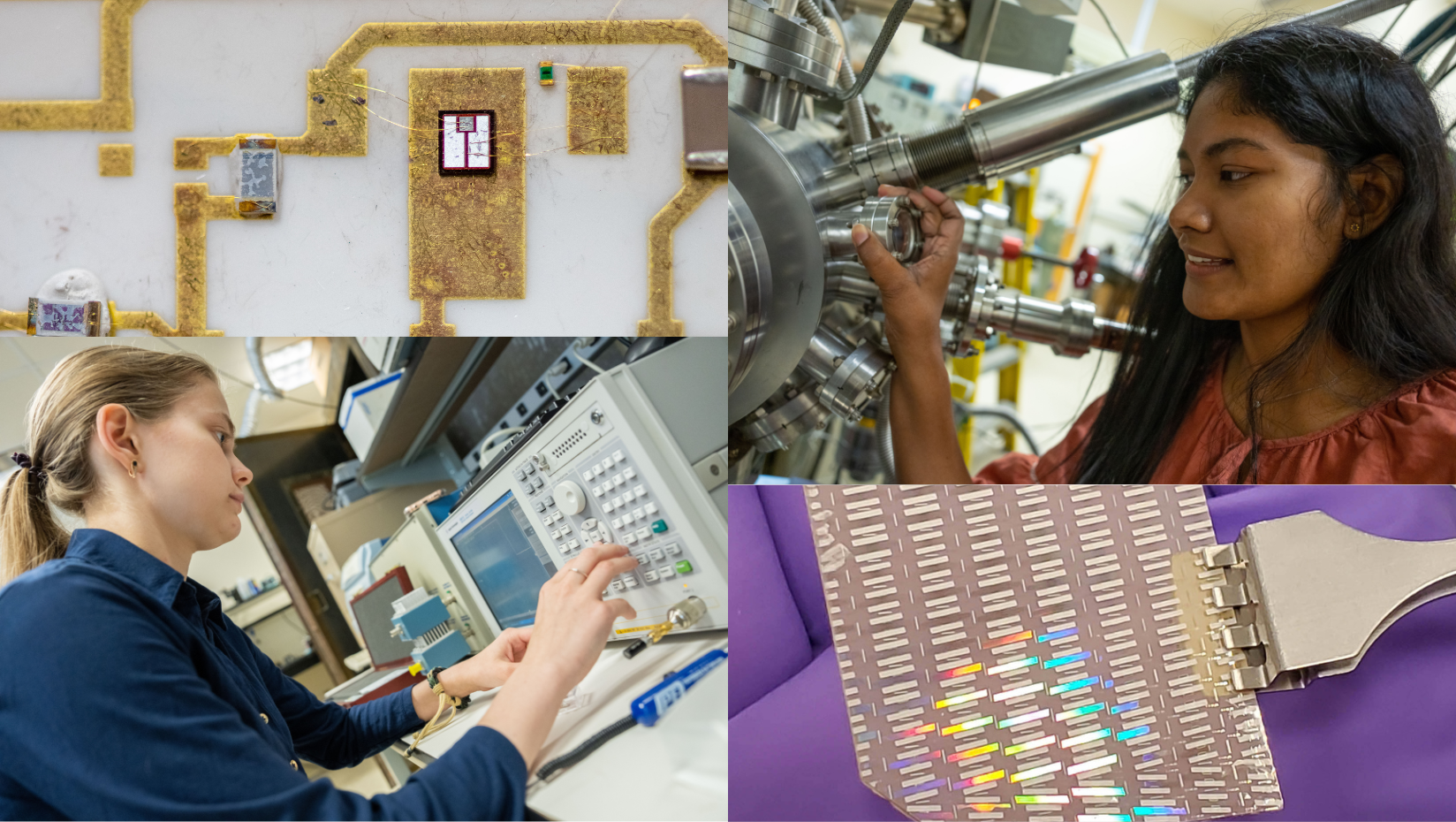
University of Maine Awarded $1.2 Million from the Department of Energy (DOE) to Advance Clean Energy Technologies
In a significant stride towards advancing clean energy technologies, the University of Maine (UMaine) is part of an ambitious $33 million research initiative from the Department of Energy (DOE) to advance energy research across the United States. The project, which encompasses a total $1.2 million allocation for UMaine researchers, is set to revolutionize the fields of energy production and advanced manufacturing through advancements in sensor materials, devices, and systems that can function in extreme environments.
The project, led by Mauricio Pereira da Cunha, Castle Professor of Electrical and Computer Engineering, and Luke Doucette, Senior R&D Program Coordinator, has seen three rounds of funding since 2019, accumulating over $4.75 million in research awards and supports research at UMaine’s Frontier Institute for Research in Sensor Technologies (FIRST). The project is not a standalone endeavor but a part of a broader, multi-institutional effort toward innovative energy research. Since its inception, the collaboration with UMaine extends to various universities, including the University of New Hampshire, Bates College, the University of Southern Maine, and the University of Arkansas.
At the project’s core lies the goal of developing advanced sensors capable of enduring high temperatures and harsh environments. These sensors are specialized devices designed to measure and monitor parameters such as temperature, strain, pressure, corrosion, vibration, and process gasses in environments where regular sensors would fail due to extreme heat or exposure to harmful gasses, including manufacturing processes, energy production, and aerospace applications.
The project leverages advancements in materials science, electronics, and nanotechnology to enhance the performance and broaden the applications of high-temperature, harsh-environment sensors. Doucette underscored the project’s significance, stating, “We’re not just developing technology; we are fostering an ecosystem of innovation and expertise in harsh environment materials and systems.”
Current global energy challenges, which include the production of low-carbon and affordable large-scale energy alternatives to fossil fuels, underscore the project’s societal relevance and the importance of sensor development. “These innovations have the potential to reduce production costs significantly, enhance energy usage efficiency, and minimize pollution and waste of resources,” Pereira da Cunha commented.
Carrying implications beyond production and environmental benefits is an additional goal of the project. Efficient and safe energy conversion systems prevent hazardous incidents and ensure consistent energy production. Pereira da Cunha explains, “A power plant can lose over $1 million daily when systems fail, impacting jobs, worker safety, and production efficiency. High-temperature sensors are key to maintaining effective power plant operations.”
In addition to direct project outcomes, UMaine’s initiative sets a precedent for future research endeavors and student advancement. The project’s success has paved the way for additional grants and collaborations, further solidifying UMaine’s position as a leader in energy research.
UMaine has seen a substantial influx of graduate and undergraduate students participating in the project as they gain valuable hands-on experience in a cutting-edge research environment. The involvement of students goes beyond academic training, equipping them with highly sought-after skills in professional fields including renewable energy, microelectronics, and advanced materials development.
As the project progresses, its impacts are likely to be felt far beyond the confines of the laboratory or the university campus. From influencing national energy policies to shaping the future of renewable energy technologies, the work at UMaine represents a significant step forward in the quest for sustainable and efficient energy solutions.
Contact: research@maine.edu
Written by Karalyn Kutzer
